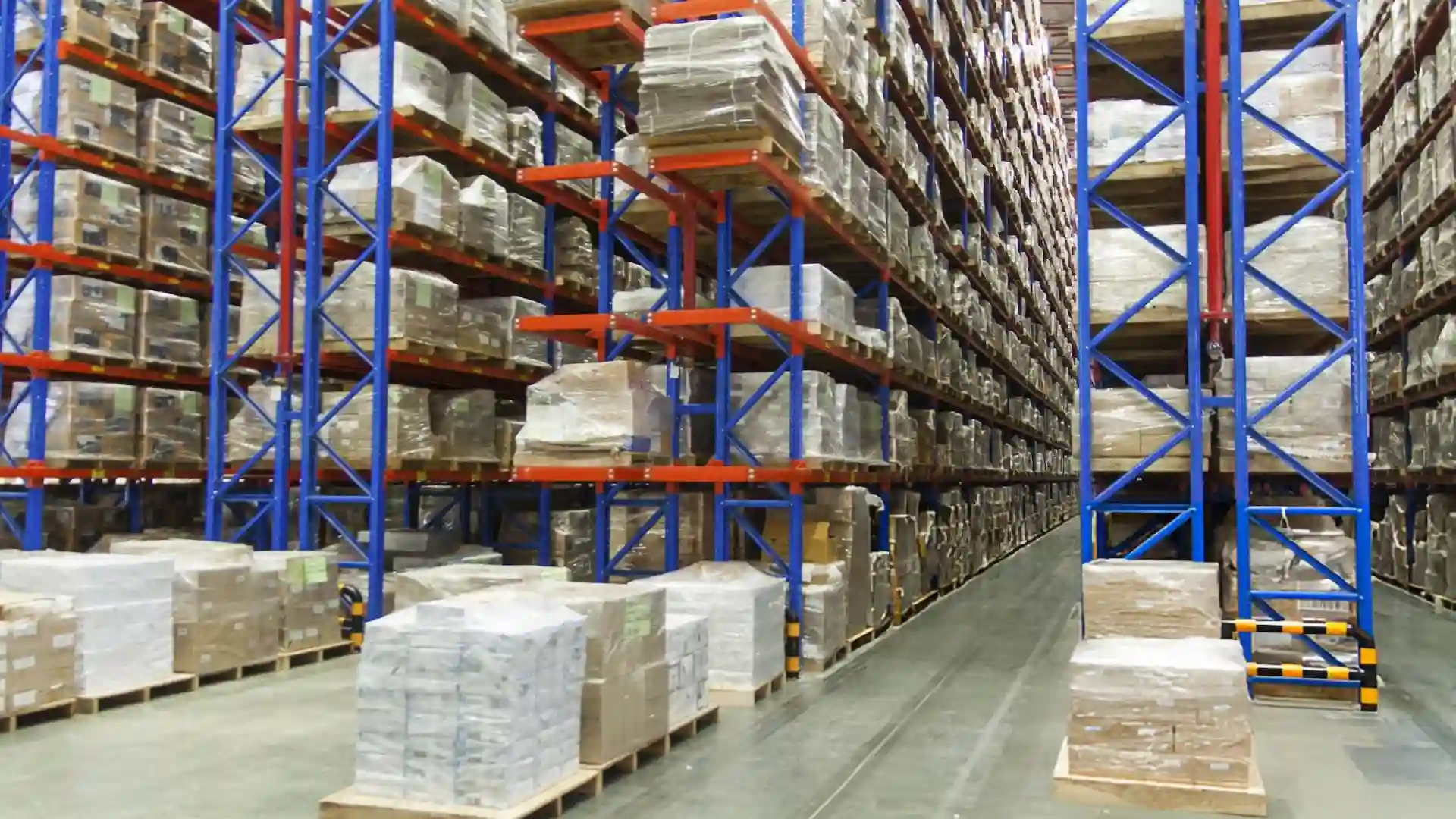Section 321 Updates and Trade Compliance Explained: A Guide for E-Commerce in U.S.-China-Canada-Mexico Trade

The global e-commerce landscape is undergoing significant changes due to recent trade policy shifts involving the United States, Mexico, and China. These developments, including adjustments to Section 321 de minimis exemptions and Mexico's increased tariffs on textile imports, are reshaping cross-border trade dynamics in North America. This article provides an updated overview of these changes and their implications for e-commerce businesses in 2025.
Understanding Section 321 and De Minimis Exemptions
Section 321 of the U.S. Tariff Act allows for duty-free importation of goods valued at $800 or less per shipment, known as the de minimis exemption. This provision has been instrumental in facilitating low-cost imports, especially benefiting e-commerce platforms and consumers by reducing costs and simplifying customs procedures.
Recent Changes to Section 321: Impact on Chinese Imports
In early February 2025, President Donald Trump issued an executive order eliminating the de minimis exemption for all imports from China, including goods manufactured or predominantly made with Chinese parts. This change, effective February 4, 2025, marked a significant shift in U.S. trade policy, aiming to address concerns over trade imbalances and the influx of low-cost Chinese goods.
The abrupt implementation led to operational challenges, including package backlogs and disruptions in postal services. In response, the administration temporarily reinstated the de minimis exemption for Chinese goods on February 7, 2025, to allow time for the development of adequate systems to process and collect tariff revenue efficiently.
Mexico's Increased Tariffs on Textile Imports
On December 19, 2024, Mexico announced a presidential decree increasing tariffs on textile and apparel imports to protect its domestic industry. Key measures include:
- Tariff Increases: Tariffs on finished textile goods rose from 20%-25% to 35%, and tariffs on raw materials and components increased from 10% to 15%.
- IMMEX Program Restrictions: The decree imposed restrictions on the temporary importation of certain textile products under the IMMEX (Manufacturing, Maquiladora, and Export Services Industry) program, which previously allowed foreign companies to import goods into Mexico duty-free for manufacturing or assembly before exporting them.
These measures aim to protect Mexico's domestic textile industry from low-priced imports, particularly from countries without free trade agreements, such as China. The tariffs are effective from December 20, 2024, through April 22, 2026.
Implications for E-Commerce Businesses
The changes in U.S. and Mexican trade policies present several challenges for e-commerce businesses engaged in cross-border trade:
- Increased Costs: The suspension of the de minimis exemption for Chinese imports and Mexico's higher tariffs on textiles can lead to increased costs for businesses relying on these channels.
- Supply Chain Adjustments: Companies may need to reevaluate their sourcing and manufacturing strategies, considering alternative countries with favorable trade agreements or shifting production domestically to mitigate tariff impacts.
- Compliance Complexity: Enhanced data requirements and stricter compliance measures necessitate investments in training and technology to ensure adherence to new regulations.
Recommendations for E-Commerce Businesses
To navigate these changes effectively, e-commerce businesses should consider the following strategies:
- Reevaluate Supply Chains: Identify shipments affected by the new tariffs and Section 321 changes. Explore sourcing from countries with free trade agreements or consider domestic manufacturing options to mitigate tariff costs.
- Enhance Compliance Measures: Invest in training and technology to handle stricter data and safety compliance requirements. Monitor updates from customs authorities and industry organizations to stay informed.
- Explore Alternative Trade Solutions: Partner with suppliers in countries covered by free trade agreements to avoid excessive tariffs. Utilize trade agreements like the United States-Mexico-Canada Agreement (USMCA) to optimize cross-border trade strategies.
- Plan for Long-Term Adaptation: Align sourcing and shipping strategies with the new trade policies to ensure cost-effectiveness and competitiveness in the evolving market landscape.
Conclusion: Adapting to the Evolving Trade Landscape
The recent changes in trade policies by the United States and Mexico underscore the need for adaptability in the e-commerce sector. By staying informed and proactively adjusting strategies, businesses can navigate these challenges and continue to thrive in the North American market.
Key Takeaways:
- The U.S. temporarily suspended the de minimis exemption for Chinese imports, increasing costs for low-value shipments.
- Mexico imposed a 35% tariff on finished textile imports from countries without free trade agreements, aiming to protect its domestic industry.
- E-commerce businesses should reassess supply chains, enhance compliance measures, and explore alternative trade solutions to mitigate the impact of these changes.
Get your free fulfillment quote today!
Frequently Asked Questions (FAQ) on Recent Trade Policy Changes Affecting E-Commerce
How have recent U.S. trade policies affected the de minimis exemption for imports?
In February 2025, President Trump issued an executive order eliminating the de minimis exemption for imports from China, Canada, and Mexico, which previously allowed duty-free entry for goods valued under $800. This change imposes tariffs on low-value shipments from these countries, impacting e-commerce businesses that relied on this exemption to reduce costs.
What specific tariffs has Mexico implemented on textile imports, and which products are affected?
Mexico has increased tariffs to 35% on finished textile products and 15% on textile inputs, such as raw materials and components. These measures aim to protect the domestic textile industry from unfair competition and apply to 155 tariff items, including various garment and textile products.
How do these changes impact e-commerce businesses utilizing Mexico's IMMEX program?
The increased tariffs and restrictions on temporary imports under the IMMEX program disrupt fulfillment operations for U.S. e-commerce companies that previously relied on Mexico for cost-effective processing and re-exporting of goods. Businesses may need to explore alternative strategies, such as relocating operations back to the U.S. or seeking fulfillment options in other regions, to adapt to these changes.
Are there any exemptions or countries not affected by Mexico's new textile tariffs?
Yes, the increased tariffs do not apply to countries with which Mexico has a Free Trade Agreement, such as those under the United States-Mexico-Canada Agreement (USMCA). Imports from these countries continue to enjoy preferential tariff treatment, provided they meet the agreement's rules of origin requirements.
What steps should e-commerce businesses take to navigate these new trade policies effectively?
E-commerce businesses should reassess their supply chains to identify shipments affected by the new tariffs and de minimis changes. Exploring sourcing from countries with free trade agreements or considering domestic manufacturing options can help mitigate tariff costs. Additionally, investing in compliance measures and staying informed about regulatory updates are crucial for adapting to the evolving trade landscape.

.svg)
.svg)
.svg)




